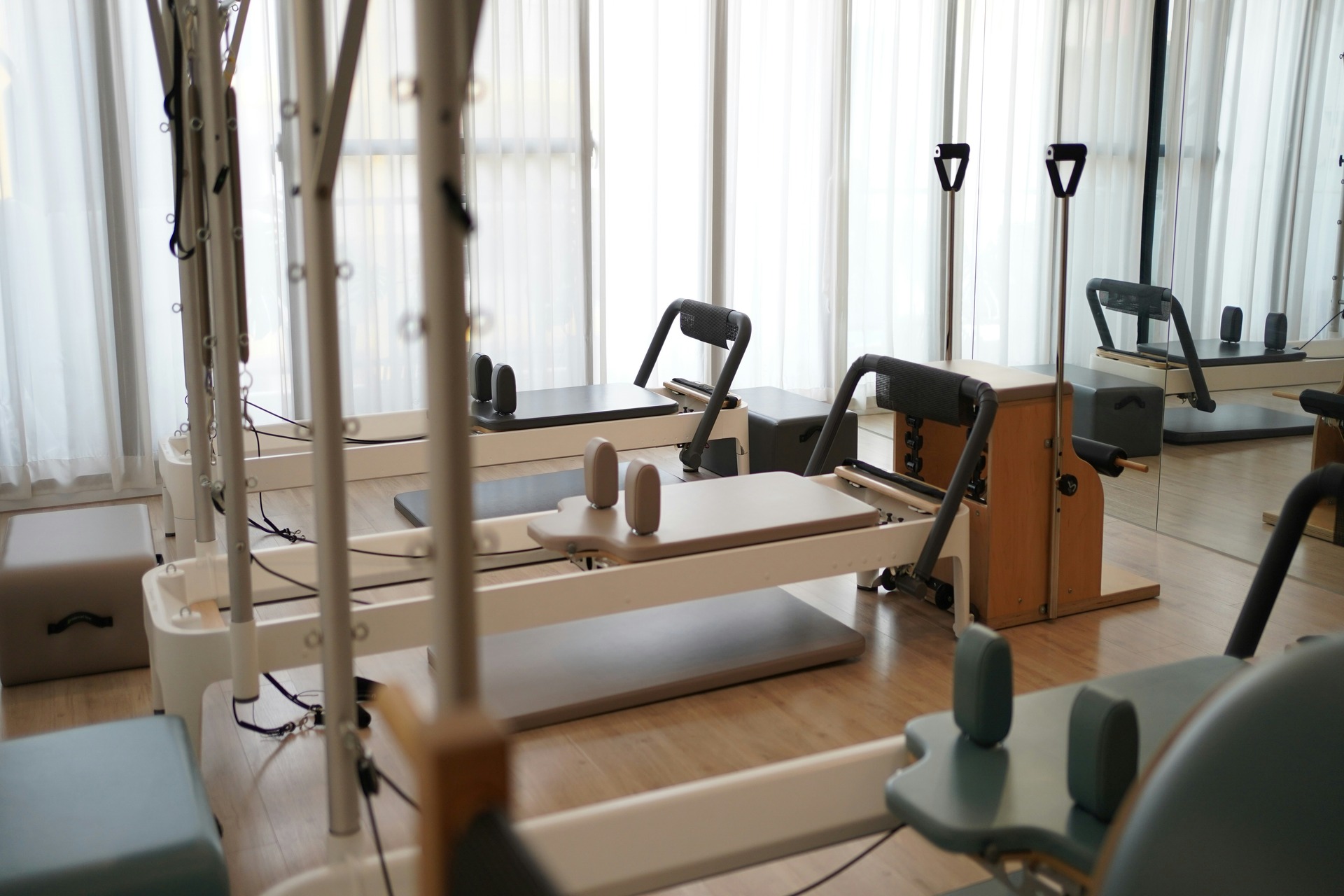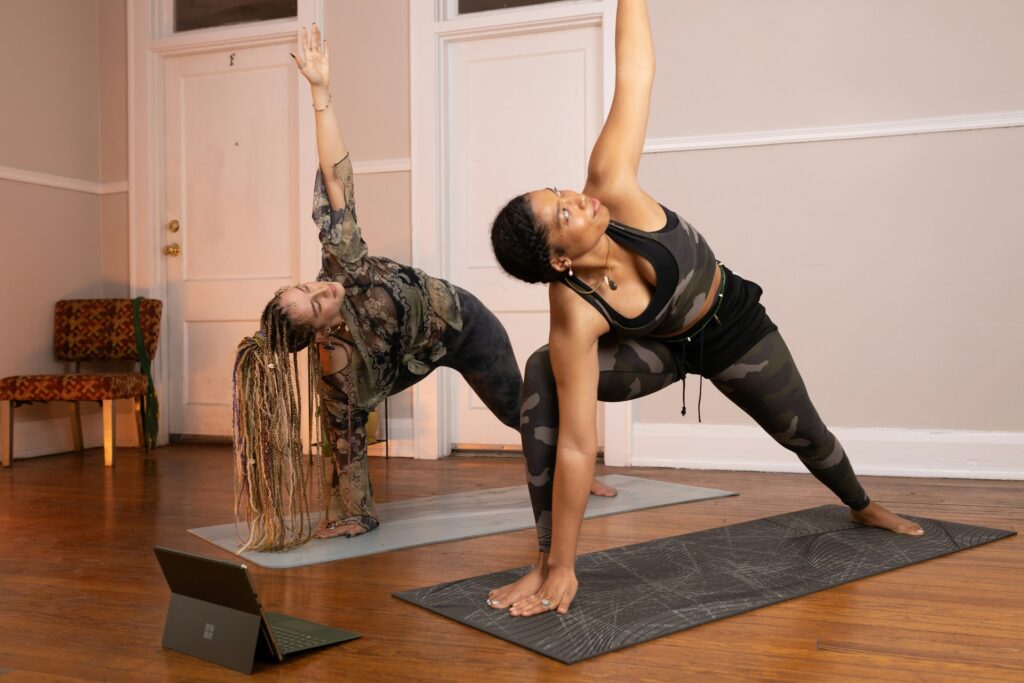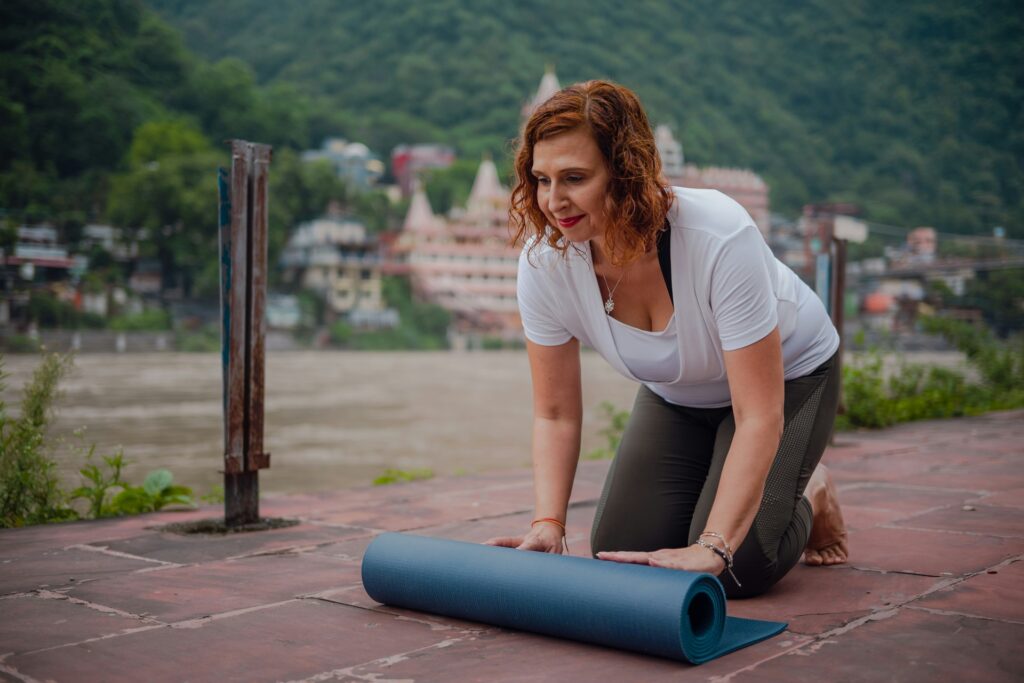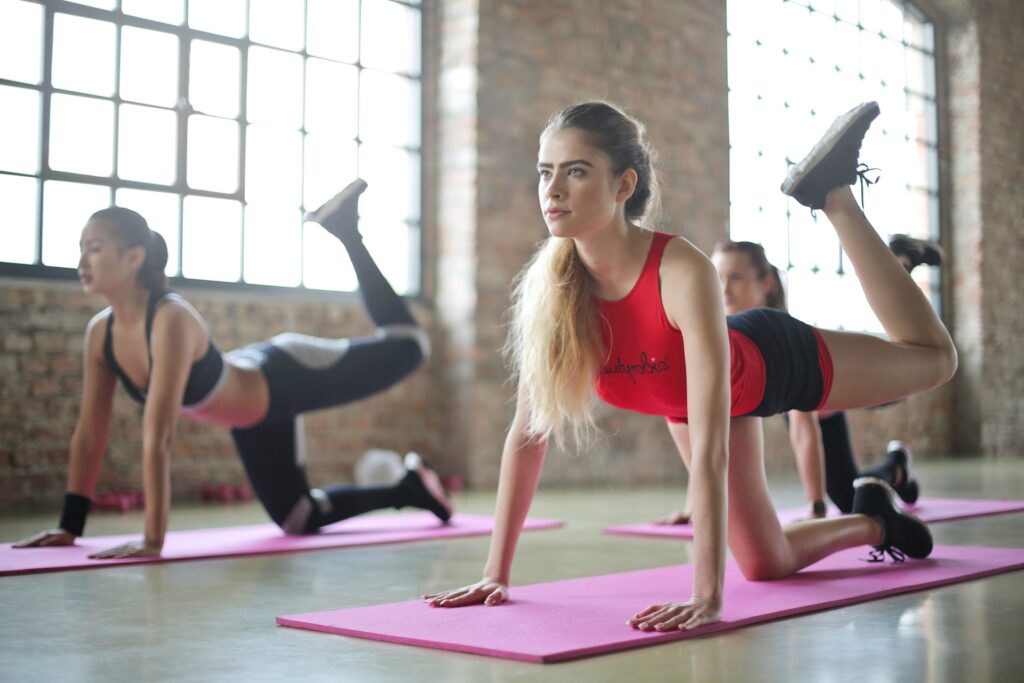
Body + Mind is reader-supported. We may earn an affiliate commission when you buy through some of the links on our site.
A Pilates workout is a distinctive mind-body exercise emphasizing precision, control and the connection between physical movement and mental focus. This method combines strength, flexibility and balance to enhance physical health and mental well-being.
Regular engagement in Pilates can alleviate stress, improve mood and decrease anxiety by fostering a sense of mindfulness and concentration. Its unique approach to exercise promotes a harmonious balance between body and mind.
Pilates is a comprehensive exercise system that has evolved significantly since its inception in the early 20th century. Joseph Pilates, a circus performer and professional boxer, developed this method to help rehabilitate detainees during World War I and improve his health. His approach combined elements of yoga, boxing and gymnastics, emphasizing the importance of mind-body connection.
The core of Pilates revolves around six fundamental principles:
By focusing on these concepts, practitioners experience an enhanced awareness of their bodies, improving alignment and movement efficiency.

Exploring the profound connection between Pilates workouts and mental health reveals a pathway to physical strength and emotional resilience. Its mindful practices offer a unique blend of stress relief and mental clarity, enhancing overall well-being.
Like any exercise, Pilates stimulates the body to release endorphins — the brain’s feel-good neurotransmitters — which enhance mood and foster a sense of well-being. This biochemical process elevates one’s mood. It makes practitioners feel more upbeat but also naturally reduces feelings of stress and pain.
These endorphins flood the body during a Pilates workout and help diminish pain perception. They trigger an uplifting sensation often called the “runner’s high,” albeit achieved through a low-impact, mindful practice.
The deliberate, deep breathing techniques in Pilates help slow down the breathing rate and heart rate. It activates the body’s parasympathetic nervous system, responsible for the rest and digest response, reducing anxiety.
Concentrating on each movement and breath acts as meditation, allowing individuals to break the constant worry and stress cycle by focusing on the present task. This dual focus on breath and movement diverts the mind from stressors and enhances mental clarity.
Physical exercise profoundly impacts cognitive function and memory, benefiting the brain. Research suggests engaging in at least 150 minutes of moderate-intensity physical activity weekly can enhance cognitive processes, including attention, memory and executive function.
This level of physical activity promotes neuroplasticity — the brain’s ability to form new neural connections — improving cognitive capabilities and memory retention. Regular exercise also increases the flow of oxygen-rich blood to the brain, essential for maintaining healthy brain cells and preventing cognitive decline.

Pilates workouts transcend physical conditioning, emerging as a powerful practice for stress relief and mental tranquility. Harmonizing body movement with focused breathing offers an oasis of calm during life’s storms.
The mindful aspect of Pilates, with its emphasis on focused breathing and precise movement, is critical to recognizing and managing stressors. This practice encourages practitioners to stay aware of their body’s sensations, fostering a deep sense of mindfulness.
Concentrating on breath and movement provides a mental break that helps restore emotional balance. This mindfulness recognizes stress triggers and equips individuals with the mental clarity to approach these more calmly and effectively.
Pilates workouts employ specific breathing techniques that reduce stress and enhance relaxation. These methods focus on deep, controlled breaths that help to stimulate the body’s parasympathetic nervous system, which is responsible for promoting a state of relaxation and calm.
By emphasizing full inhalations and exhalations, Pilates breathing helps clear the mind, reduce muscle tension and lower stress levels. This deliberate form of breathing increases oxygen flow to the brain and muscles. As a result, it facilitates a decrease in cortisol levels — the body’s primary stress hormone — and encourages mental and physical relaxation.
Pilates’ physical activity imitates the effects of stress — like the fight or flight response — in a controlled environment. It elevates heart rate and stimulates various systems within the body, mirroring stress responses but in a beneficial way. Through consistent practice, Pilates workouts teach the body’s systems to work together more efficiently under these simulated stress conditions.
This holistic approach contributes to improved stress resilience, helping individuals recover from stress more quickly and maintain a state of physical and mental well-being. It reduces physical symptoms associated with stress, such as tension headaches, muscle stiffness and fatigue.

Starting Pilates can be an exciting journey toward better health and wellness. Here are some practical tips for beginners to ensure a smooth and enjoyable start:
Following these tips lets you embark on your Pilates journey confidently, paving the way for improved physical strength, flexibility and mental well-being.
Embarking on a Pilates journey can be a transformative step toward achieving physical strength, flexibility and a profound sense of mental wellness and balance. Its unique combination of mindful movements and breathing techniques offers a pathway to reduce stress, enhance mood and foster a deeper connection between mind and body.